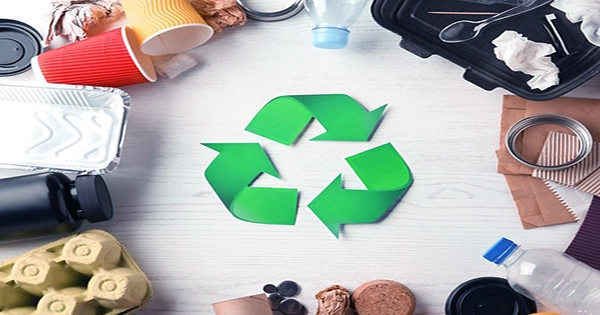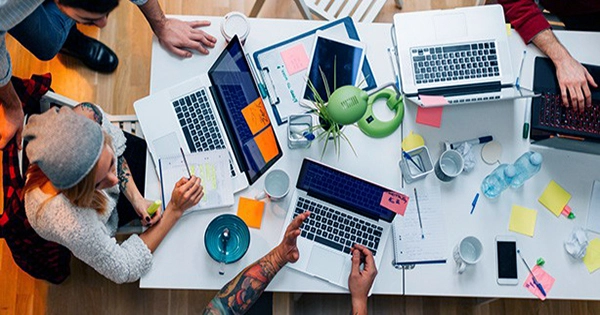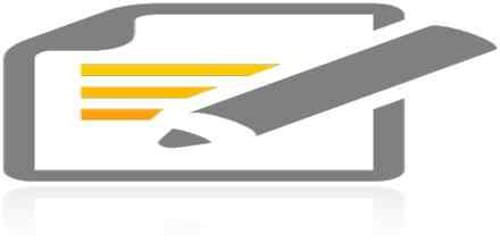Is it preferable to recycle your cardboard boxes or choose a more durable packaging bag that may be reused till it reaches its manufacturer once again? Returnity is betting on the latter, and the firm just secured $3.1 million from Brand Foundry Ventures, with additional funding from XRC Labs and others, to grow its operations and continue working with brands including Estée Lauder, New Balance, Rent the Runway, and Walmart. “It’s also been a long road.” We began as a reusable shopping bag company, with James Reinhardt (the co-founder and CEO of ThredUp) as a customer who purchased reusable shopping bags. His task to us was to see if we could come up with a cost-effective shipping bag. “That’s where it all began,” says Returnity CEO Mike Newman.
“Since then, we’ve been on this trip. We had this great idea for a reusable shopping bag, but it never took off because we had to understand that packaging is all about systems, not products. They basically wind up becoming press release programs if you don’t have a mechanism in place to support reusable packaging. They don’t scale, and they can’t last. A huge part of our path as a company — and, I believe, for the reusable notion in general — has been the realization that unless we establish scalable, sustainable reuse choices, we’ll never make a dent in the packaging.”
The company is taking on a massive task: more than 20 billion parcels are delivered in the United States each year (100 billion worldwide in the next five years), resulting in massive amounts of waste materials. Reusable packaging makes sense in companies with a natural send-and-return strategy, such as the garment rental industry, regular supermarket deliveries, and other firms with regular delivery or pickup models. People weren’t renting high-end fashion items to sit in solitude in their living rooms for a while, and Returnity had a nasty awakening in 2020, as you may recall.
“By 2020, we were on track for massive expansion.” Then, because to the pandemic closure, 80 percent of our revenue vanished overnight. Beyond fundamentally cyclical enterprises, we had to figure out how to be relevant. “We wouldn’t be where we are now if we hadn’t done that,” Newman says. “It was a difficult but necessary phase of our journey because it drove us to tackle some of the fundamental questions about how we work for brands.” The company is also celebrating a large number of pilot initiatives and case studies, including some with some particularly difficult clients. Walmart provides reusable bags that are optimized for home grocery delivery service and oversees the packaging’s cleaning and restocking.
It leads the development of reusable shipping packaging for New Balance’s Team Sports project, resulting in an efficient and ecologically responsible approach for transporting samples to and from partners. This reusable packaging replaces 10,000 shipments of single-use cardboard boxes, reducing emissions by up to 63 percent, according to the business. It collaborated with Aveda to develop the Returnable Shipper Program, which is designed exclusively for Aveda’s one-litre bottles. With its “Return Bar” network, Happy Returns transforms how items are transferred between retailers and warehouses. This implies that customers may exchange and return e-commerce products without having to deal with printing, packaging, or human interaction.
















